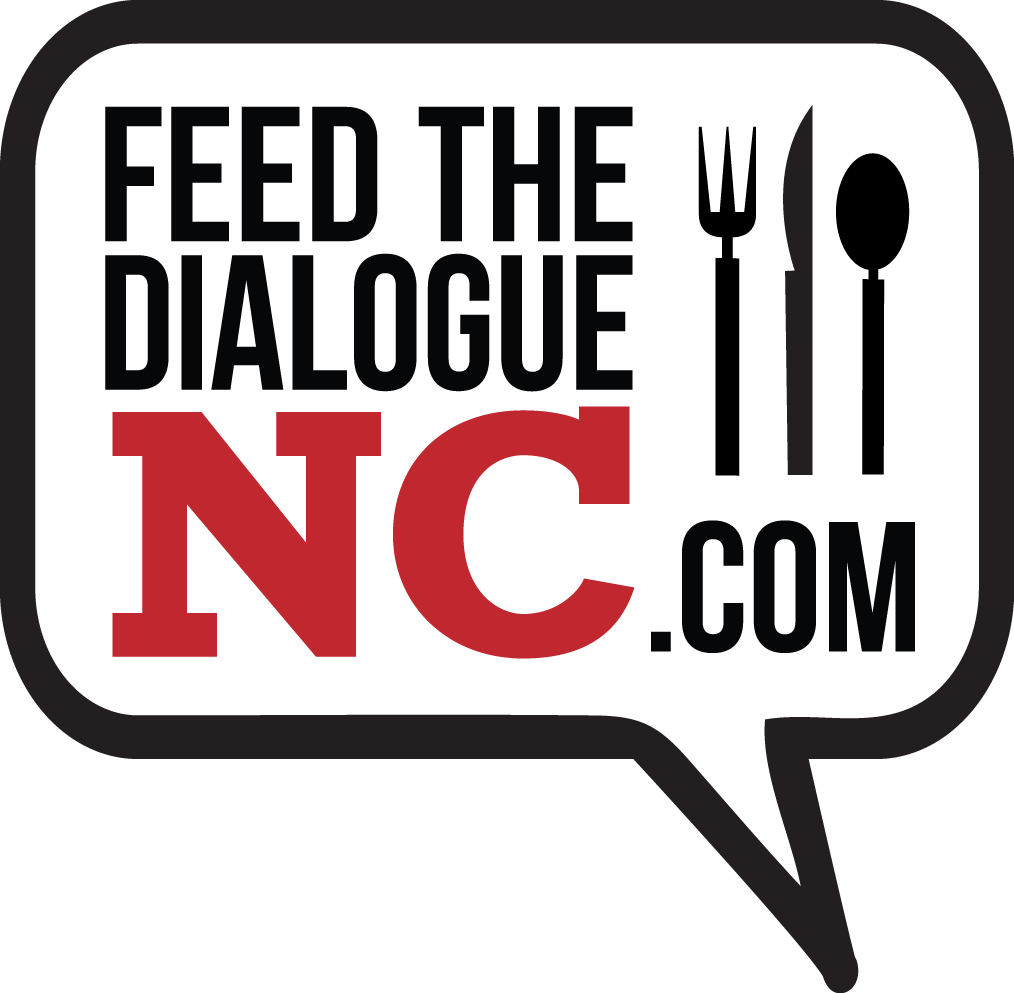Do Your GMO Homework
“Agriculture is the most healthful, most useful and most noble employment of man.”
-George Washington
Get ready because this is a hot topic and goodness knows people have opinions.
Truth – I hadn’t formed my stance – then I did some research and went looking for solid science.
Okay, let’s go ahead and get the disclaimers out of the way. I am the daughter and granddaughter, respectively, of farmers. I’m all for fewer pesticides and increased yields. I also happen to be the great-niece to one of the hardest working gentleman in North Carolina Agriculture history. My great-uncle Paul was a Polk County Agricultural Extension Agent – for over thirty years he hauled himself down many a dirt road visiting remote farming communities to promote and assist NC agriculture and 4-H. Suffice it to say – I have a soft spot for the North Carolina farmer.
That doesn’t mean I don’t realize people come to this GMO discussion with fear and already made up minds – that’s okay. I’m open to opposing views – it’s great to start a healthy dialogue. I also cop to the fact that I am a writer and I do not have all of the scientific answers – but I do know where to find credible sources.
Bob Buckley of MyFox8 in the Triad, recently did a story on GMO’s (also embedded in post below) – the story originally aired in April of this year and ignited a fair share of discussion. I’m addressing it because in the video the farmer, the extension agent and the Monsanto representative gave real, useful information. Mr. Buckley visited with Kevin Matthews of Deep Creek Farm in Yadkin County. I love what Mr. Matthews said about his family farm at the beginning of the piece, “four generations of feeding people.” Time and again when I talk to farmers – that’s exactly how they look at their profession – they are people-feeders.
Mr. Matthews goes on to point out that GMO crops allow farmers to plant without tilling and that they no longer have products on their farms “with a skull and crossbones.” Moreover, GMO crops have been developed that are drought resistant – seeing as how mother nature is the number one factor a farmer can’t control – being able to grow a crop that saves water and can withstand a drought = a good thing. Tim Hambrick, NCSU Forsyth County Extension Agent, made the second point that resonated “agriculture seems to be the one field in which the public wants to eliminate scientific advances.” Well, I hadn’t thought about it that way before – but that sounds about right. Last but not least the noteworthy point made by Janice Person of Monsanto – were it not for genetic modification of wild mustard – we would not have kale, broccoli, cauliflower or cabbage. I happen to love all of the aforementioned veggies – so thanks genetic modification.
By 2050 or so, the human population is expected to pass nine billion and all those people will be seeking food, water and other resources on this big blue planet that remains finite.
I care about the food I eat. I respect people that make that same statement and go looking for real answers – but saying you care about food is not a free pass to spread misinformation about our agricultural system. While you’re adding to your homework – two sources I find reliable – the American Medical Association and the National Academy of Sciences.
Recently I was at an event where a farmer talked about how blessed we are in this country to have choices and that is the truth. Whatever choice you make don’t fall into the food fight mentality – take the time to feed the dialogue – ask questions – seek out the answers for yourself and then remember how fortunate we are to have an abundance of choices.
Story by Jennifer Wood



